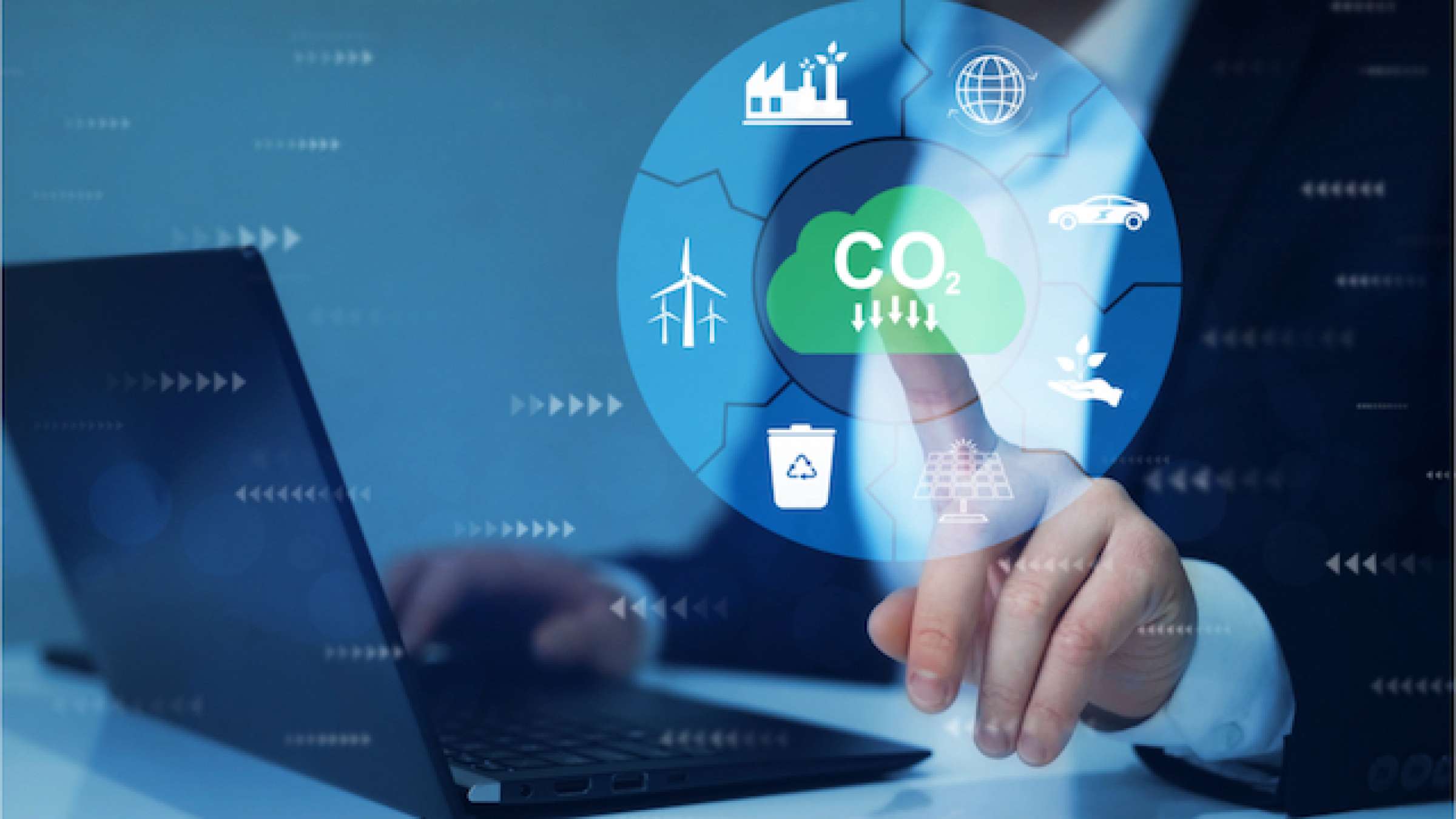Learning Labs: Opportunities for shared risk analytics
Participants will learn about additional resources for risk analysis such as UNDRR's Risk Information Exchange (RiX), the Global Resilience Index, the GEO Earth Observation Risk Toolkit, Climada, global hazard models and more.
- Hear first-hand the views and challenges experienced by countries, including city administrators, working in risk policy and operational decision-making.
- Build a vision for what a desired outcome might be for countries and cities building risk analytics capability.
- Assess and understand the value of open access risk information to underpin risk analysis.
- Build awareness and engagement with UNDRR’s Global Risk Assessment Framework (GRAF) and the Global Risk Modelling Alliance (GRMA) spearheaded by the Insurance Development Forum (IDF), and a clear understanding of next steps.
Interested participants are invited to register for the Learning Labs as soon as possible through this link.
Session objectives
- What characteristics make a high-functioning risk analytics programme at sovereign or city level, combining local and global knowledge and bringing together multiple departments, agencies and sectors in a shared view of risk?
- What benefits that might bring, both in resilient behaviours and movement of finance.
- What free or subsidised resources are available to countries wishing to move further in their journey of risk understanding, from public and private sectors - attendees may be pleasantly surprised!
- What domestic obstacles do government or city authorities see in developing this collaborative approach to risk understanding, and are there barriers to drawing on global resources?
Speakers
- UNDRR
- IDF Risk Modelling Steering Group.
- GEO Secretariat
Learn more
Participants may benefit from bringing their own laptop (but not essential)
Where do we stand
Nobody at GP2022 will deny the value of risk insight at local levels. Locally owned analysis builds trust, resilient behaviours and investment, and can unlock contingent risk finance and guide anticipatory action. However, it is also well-known that many of the most vulnerable communities have the least access to the tools and knowledge needed to quantify and manage their risks.
Session guiding questions
- Demonstration of the tools.

Agenda
Location
BNDCC 2- Mezzanine Floor
Online access
Participation
Open to those registered for the conferenceDetails
Contact
Andrew Colin Spezowka [email protected]
